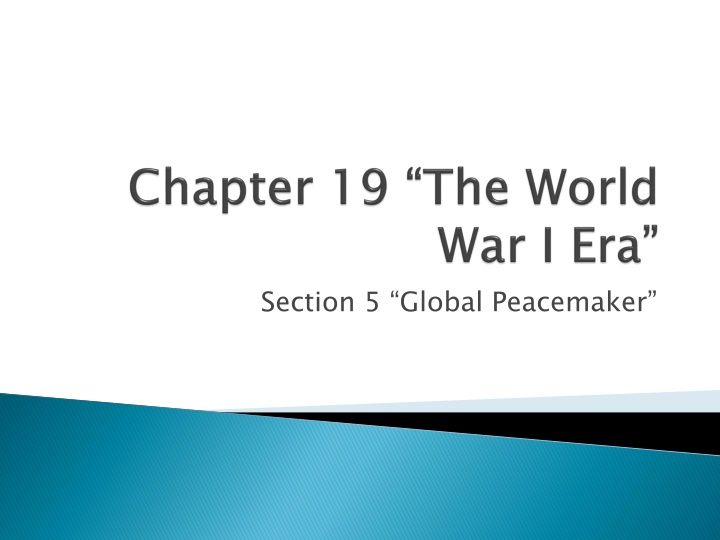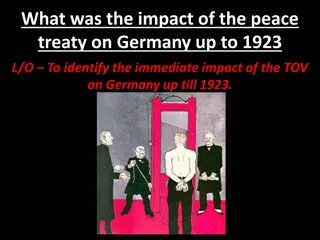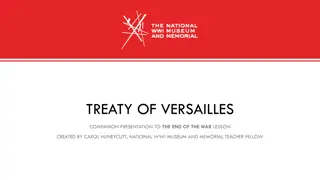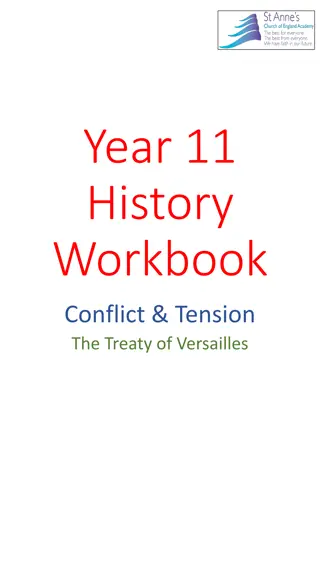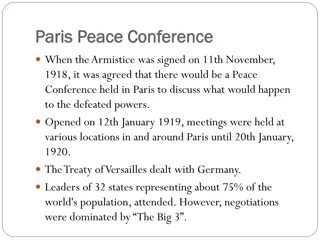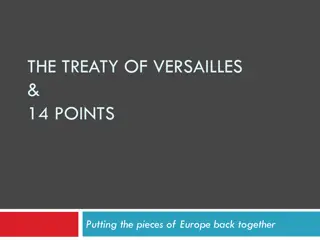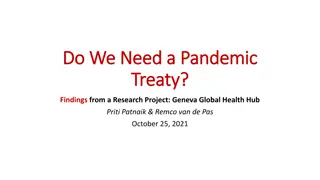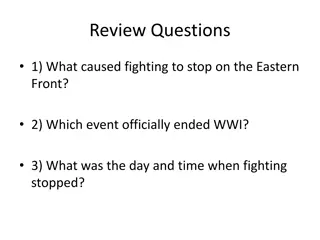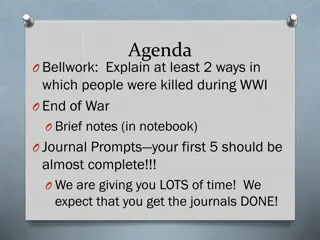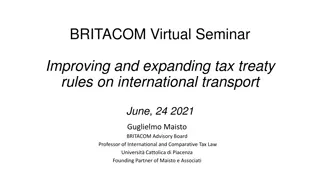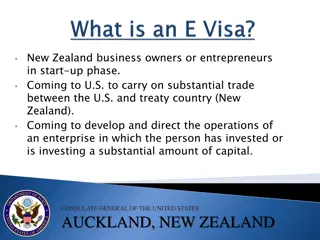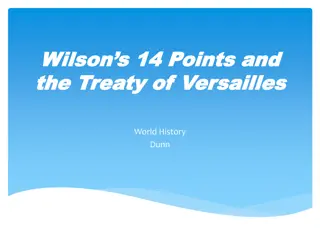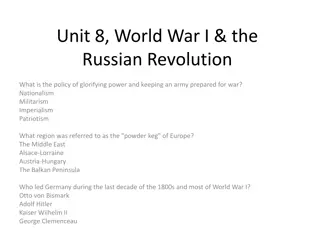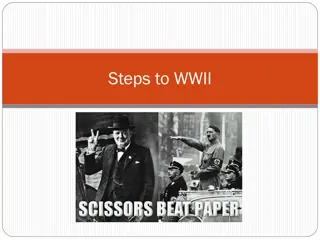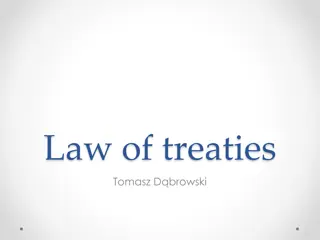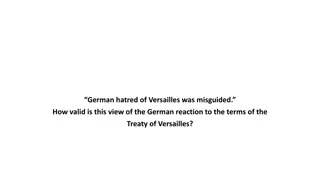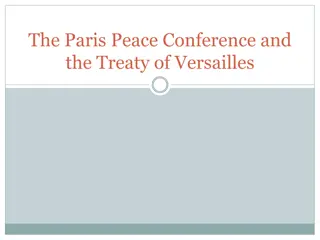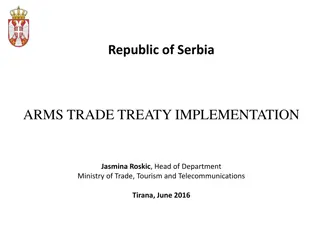Global Peacemaker: Wilson's Vision and the Versailles Treaty
"Explore Woodrow Wilson's Fourteen Points, the Versailles Treaty, and the aftermath of World War I. Discover how the League of Nations was formed and why some Americans opposed it."
Download Presentation

Please find below an Image/Link to download the presentation.
The content on the website is provided AS IS for your information and personal use only. It may not be sold, licensed, or shared on other websites without obtaining consent from the author.If you encounter any issues during the download, it is possible that the publisher has removed the file from their server.
You are allowed to download the files provided on this website for personal or commercial use, subject to the condition that they are used lawfully. All files are the property of their respective owners.
The content on the website is provided AS IS for your information and personal use only. It may not be sold, licensed, or shared on other websites without obtaining consent from the author.
E N D
Presentation Transcript
Fourteen Points Self-determination Spoils League of Nations Reparations Versailles Treaty
President Wilson Fourteen Points Main goal: establish an agency where countries could work together to resolve disputes peacefully and guarantee international stability. Big Four: David Lloyd George of Britain, Georges Clemenceau of France, and Vittorio Orlando of Italy Allies feared Russia
pledged that members of the League would regard an attack on one country as an attack on all. the force of the article depended on the will of members to back it up with their armies U.S. wanted to avoid foreign wars.
Map of Europe Difficult Nations Created buffer zone for Bolshevik Russia Ottoman Empire divided into nations War Guilt & Reparations Germany responsible (force to pay $33 billion)
senators opposed the treaty because it committed the U.S. to the League of Nations Wilson tours U.S. to win support for Treaty Congress voted to disregard the Treaty of Versailles U.S. gains position of strength Jobs scarce Post War gloom: sense of gloom or disillusionment
1. What expectations did Wilson and the allies bring to the Pairs Peace conference? 2. Describe three Woodrow Wilson s Fourteen Points. 3. How did Wilson s allies react to the Fourteen Points? 4. What were the important provisions of the peace treaty? 5. How did the Allies both encourage and discourage self-determination in Europe?
6. Why did France and Britain demand reparations from Germany? 7. How did the federal government and ordinary Americans react to the end of war? 8. Why do you think many Americans opposed the Versailles Treaty?
Legacy of World War I http://www.history.com/topics/world-war-i/world- war-i-history/videos/legacy-of-world-war- i?m=528e394da93ae&s=undefined&f=1&free=false Paris Peace Conference http://www.history.com/shows/the-world- wars/videos/the-paris-peace-conference-falls- apart?m=5189719baf036&s=All&f=1&free=false http://www.history.com/topics/world-war-i/world- war-i-history/videos/treaty-of-versailles-end- world-war- i?m=528e394da93ae&s=undefined&f=1&free=false
A) not be located in the United States. B) draw the United States into another war. C) be too expensive. D) accept too many nations as members
A) create a lasting peace. B) Force Germany to pay for war damages C) promote imperialism. D) preserve Europe s system of alliances.
A) Great Britain's power as a nation diminished. B) The United States became the world's largest creditor nation. C) Germany was weakened by the Treaty of Versailles. D) Jobs became abundant for returning American soldiers.
Wilson called for the rights of Austria- Hungary s ethnic groups to self- determination.
The Big four were David Lloyd George of Britain, Georges Clemenseau of France, Vittorio Orlando of Italy, and Woodrow Wilson of the United States.
The United States and Great Britain wanted Germany to supply war reparations.
